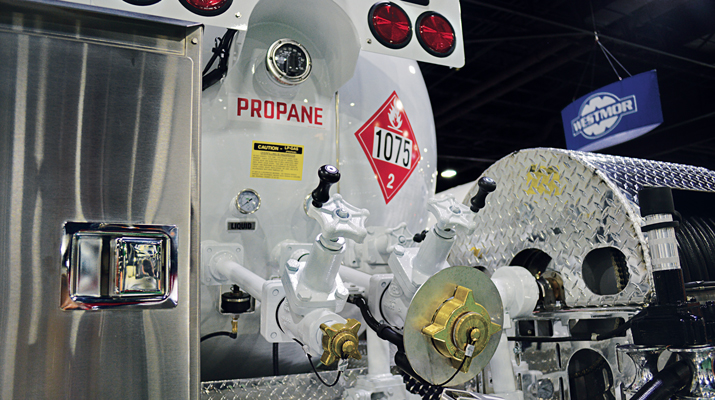Is your insurance dead on arrival?
Please don’t read this month’s comments as a slam against insurance agents. If you do, you have missed the point.
Virtually without exception, I have found insurance agents to be hard working, intelligent and well-intentioned professionals. Nor do I mean to suggest that insurance companies seek to avoid payment of claims properly covered by the applicable insurance contract.
Still, it may be crucial for you or an adviser who thoroughly understands retail propane operations to review and understand the terms of your liability insurance policy, particularly the insuring clauses and exclusions.
Here are a few of the exclusions that I have encountered in general liability policies intended to cover claims and lawsuits against retail propane operators. Two such exclusions stand out in my mind. There are others.
The first I encountered while consulting with lawyers for the purchaser of its first retail propane operation. The proposed insurance policy contained an exclusion from coverage for “transportation of hazardous materials.” Trust me propane fits within this exclusion!
The other is an exclusion for “occurrences or events arising off the business premises of the insured.” Obviously, this language would exclude a claim or lawsuit for an incident occurring at the home of a customer.
Who, if anyone, can you look to for recourse for the promised insurance coverage in the event of such a claim or lawsuit? Are you stuck with the loss and defense costs if you have purchased a liability insurance policy that contains an exclusion for a risk that is obviously inherent to the retail propane business?
The insurance industry is regulated by the various states. Therefore, any statutes or regulations applicable to these questions will be state specific and, of course, will vary from state to state. In addition, a large portion of the applicable law is contained in individual cases heard in federal, state, county and local jurisdictions. These cases are fact-specific and vary according to differing situations.
As a result, my comments reflect the broadest of generalities and, as I always do, I urge you to seek the advice of your lawyer as to the law applicable in your jurisdiction to the facts of your particular situation.
Let’s assume your trusted and well-intentioned insurance agent has represented to you that all of your operations are covered by the liability policy he has provided. After the policy is delivered to you, you throw it in the office safe and never look at it. An insurance claim or lawsuit is made from an accident that arises in the ordinary course of your retail propane operations, but an exclusion in the policy clearly negates any coverage.
From an admittedly worst-case standpoint (lawyers are paid to anticipate the worst), you may be out in the cold.
Why? Generally, the law says that once the policy is delivered, both you and the insurance company are bound by its terms. While the agent may have wrongly advised you as to what the policy covered, that incorrect information does not bind the insurance company at least after the policy has been delivered to you. If the policy clearly excludes the risk, the insurance company’s claims representatives can legally deny your claim.
Is your insurance agent liable? Are there hurdles in seeking coverage from the agent?
Yes, the agent is generally liable. However, any one or more of the following factors could hinder or negate your claim:
- In many states, the statute of limitations the period within
which you must file your lawsuit is very short. Some statutes cut
off suits two years after the date the policy is delivered. That may be
years before you make a claim. - The agent may not have errors and omissions insurance or the funds to cover
the loss. Not all states require such insurance in all cases. - The law assumes you have read and understood the policy terms once the
contract is delivered to you. Any misstatements by your agent therefore
are deemed to be corrected by the delivery of the policy to you. - Even if you successfully sue your agent, the timing of your recovery will
require you to fund the defense of the liability claim against your company.
For all of these reasons, you may be left without recourse. The bottom line: Read and understand your policy!
















